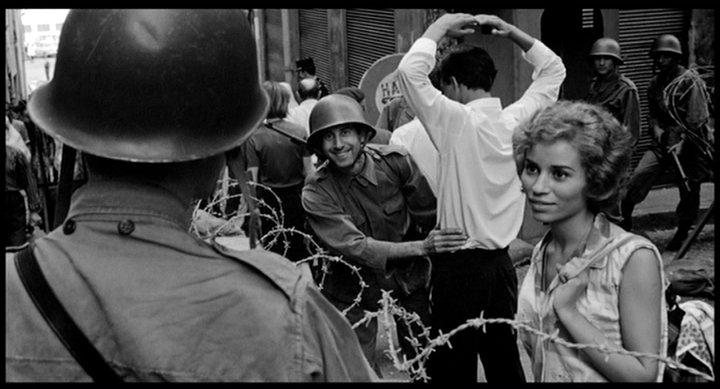Today in class we discussed about the negative impacts the posts in Yik-Yak has. Yik-Yak’s popularity has two reasons: close proximity and anonymity. After the class I was curious to know what adverse effects Yik-Yak has brought since its inception in November 2013.I was shocked to find out the number of negative effects it has in our community.The most serious was the use of Yik-Yak to spread messages of threat in the college community.The news report I have attached with gives several example of the crimes that has occurred with the use of Yik-Yak.One particular example is the post of a student at Towson University.He posted a message saying ” “I plan on shooting up this [expletive] school on October 4th.” Because of the incident the college administration had to immediately work with FBI and the police to increase security at the university.However later it was discovered that a student posted that because he was nervous that he would not get good grades in his classes.
As the teens who are not matured enough, use this medium extensively and substantially( multiple hours in a day), it increases the chances of similar incidents repeating.The report also includes an incident when Yik-Yak was used to popularize a sex tape of a college student made by another student posted on a pornography site.It has been just a year and a half that Yik Yak was introduced and several criminal activities have been occurred because of the use of Yik-Yak. Yik-Yak may have a lot of advantages of helping people know what what other people feel however its adverse effects are big enough to question its existence.
Here’s the link to the news report on Washington post:
http://www.washingtonpost.com/news/the-intersect/wp/2014/10/07/how-do-you-solve-a-problem-like-yik-yak/
